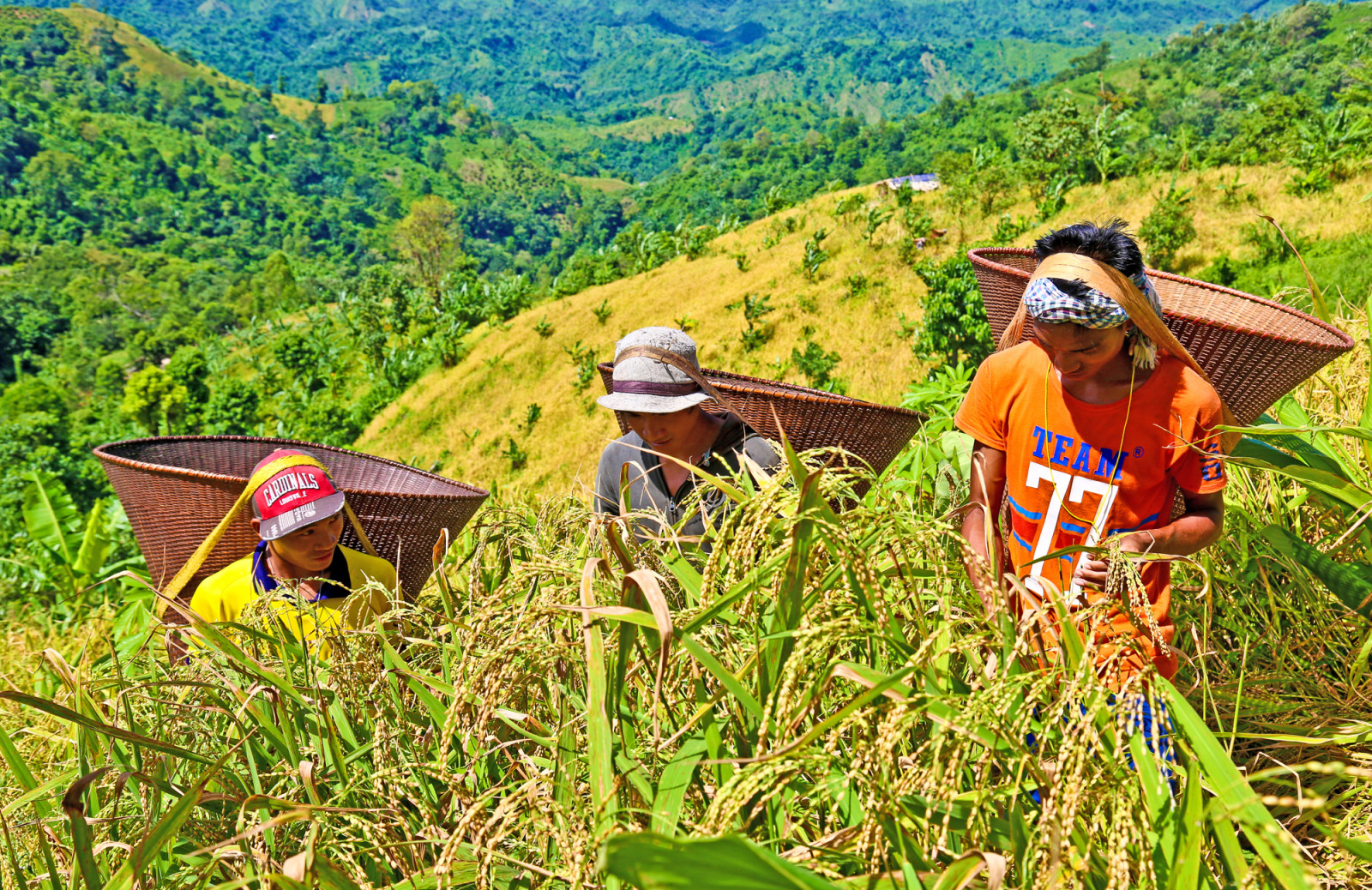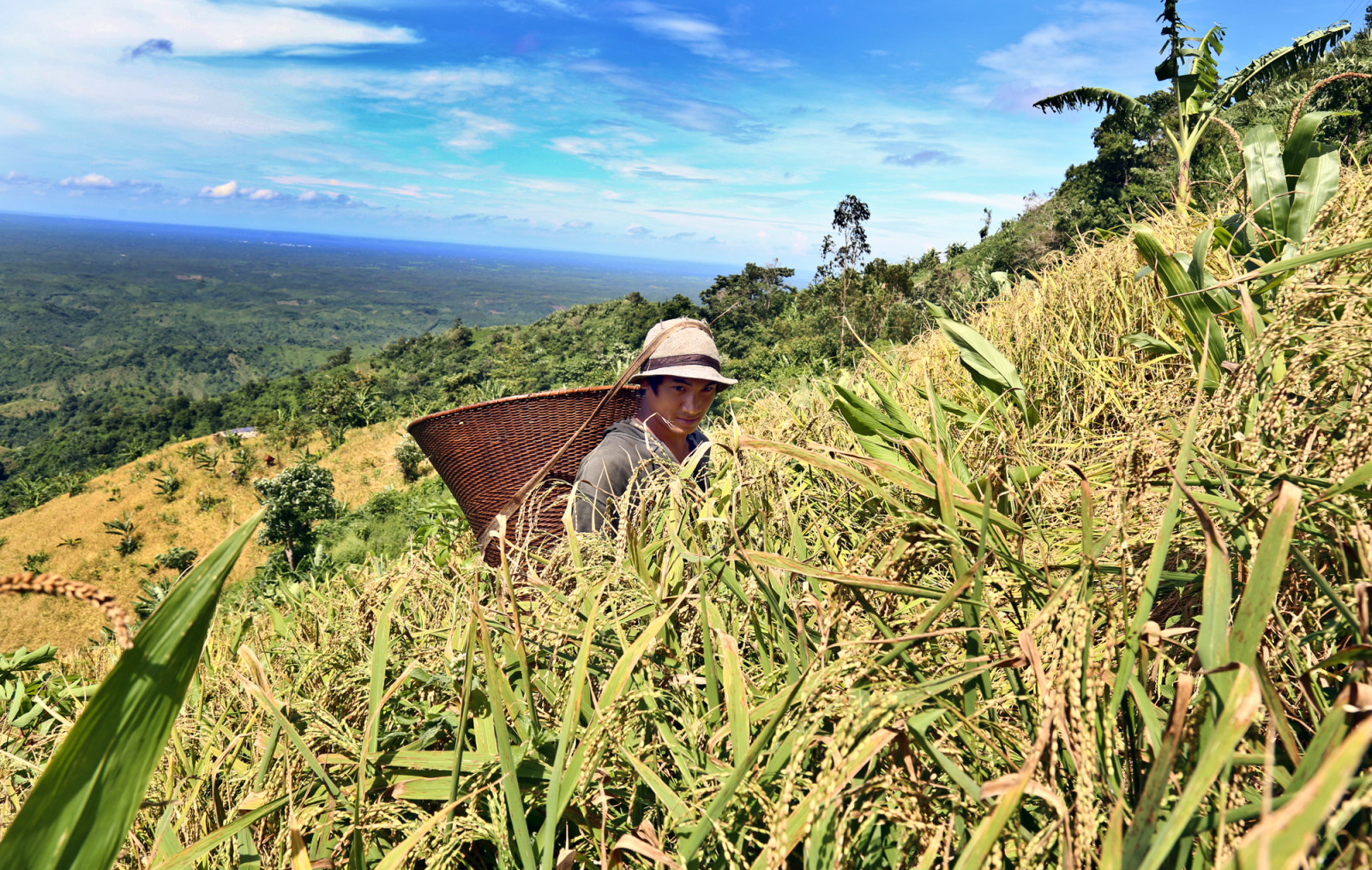Jhum cultivation takes a hit as farmers turn to commercial fruit farming
Increasing population pressure also is playing a part in converting shifting cultivation-land use systems into permanent set-ups

Slash-and-burn agriculture, better known as "jhum" or shifting cultivation, marks a decline in the hill district of Bandarban as farmers are replacing subsistence crops with profitable cash crops, principally different types of fruits.
Increasing population pressure also is playing a part in converting shifting cultivation-land use systems into permanent set-ups, said Mro researcher and writer Younguang Mro.

Elaborating on this, he said, "In the past, all Mro and Khumi families were dependent on jhum cultivation in the forest as they did not know any alternative production method. But the number of jhum practitioners (jhumias) is now decreasing as people are showing a rising inclination towards commercial fruit farming."

Besides, hills suitable for jhum cultivation are decreasing as the population is increasing day by day, he added.
Endorsing Younguang Mro's observations, MM Shah Newaz, deputy director (acting) and training officer of Bandarban Department of Agricultural Extension (DAE), said after jhum cultivation on a hill, farmers have to leave it uncultivated for at least three years so that the fertility of its soil is restored naturally.

"But, farmers are now forced to return to the same hill after a year's break owing to a lack of opportunity to choose another hill. For this, the productivity of the hill soil is declining."
Referring to the gradual shift in agricultural practice in the hill tracts, two jhumias, Lengpao Mro and Taileng Mro, of Chimbuk Hill said many are now cultivating profitable fruits – including mango, papaya and different varieties of jujube. However, some jumia families still follow the traditions of their ancestors because there are multiple crops available in jhum farming, they added.

MM Shah Newaz of the Department of Agricultural Extension, told TBS that as the hills suitable for jhum cultivation are decreasing day by day, there is no alternative but to adopt scientific methods of farming. Efforts are underway to introduce hybrid varieties of different crops for higher production on less land.
In jhum cultivation method, practised by the ethnic communities in hilly areas, farmers cut the jungles and burn those to ashes in March for preparing the topsoil for growing multiple crops such as upland rice, vegetables or fruits. Then they sow paddy seeds in April on hilly land and get busy harvesting paddy in jhum lands after four months of nursing the plants.

Nonetheless, jhumias in Bandarban district are overjoyed with robust yields of paddy and other crops due to favourable weather and the rainfall at regular intervals this year. They are now passing a delightfully busy time in harvesting ripened golden jhum paddy and other crops in the hill slopes.
In a recent visit to Jamini Para on Chimbuk Hill, 22 km from Bandarban Sadar, TBS found four Mro women harvesting jhum paddy in a field. Everyone has a thurung (basket) on their backs to carry the harvested crop.
Champoi Mro, a jhum farmer, said thirty kilograms of paddy seeds have been planted. The yield has been better than last year thanks to the favourable weather. With the paddy, she will be able to make ends meet for her six-member family for the whole year.

"Not just paddy, many more crops and vegetables, such as maize, pumpkin, chilli, sugarcane, cotton, sesame, potato, eggplant are also cultivated on Jhum fields. If you have a jhum field, you don't have to buy anything from the market except oil and salt."
MM Shah Newaz of the district DAE, told TBS that jhum cultivation usually depends on natural weather. Jumia families started sowing various seeds when the field was prepared following a downpour in April. The yields of jhum crops are high now in all parts of the district as there was rain at regular intervals although it rained late this year.

MM Shah Newaz also said Jhum crops were cultivated on 8,500 hectares of land this year. Different local varieties of paddy like Kokro, Gallon, PD, Chakma Chikon, Binni, Boro, Nathonpru are cultivated on jhum fields. The yield of those varieties is low although those are delicious and have years of tradition.

High yielding varieties of paddy can be planted if they are motivated to work with enthusiasm. This year, under the exhibition and incentives programmes, one high yielding paddy named Bigan-83 has been planted on one hectare of land and Bigan-48 variety on 328 hectares of land, he added.



 Keep updated, follow The Business Standard's Google news channel
Keep updated, follow The Business Standard's Google news channel














